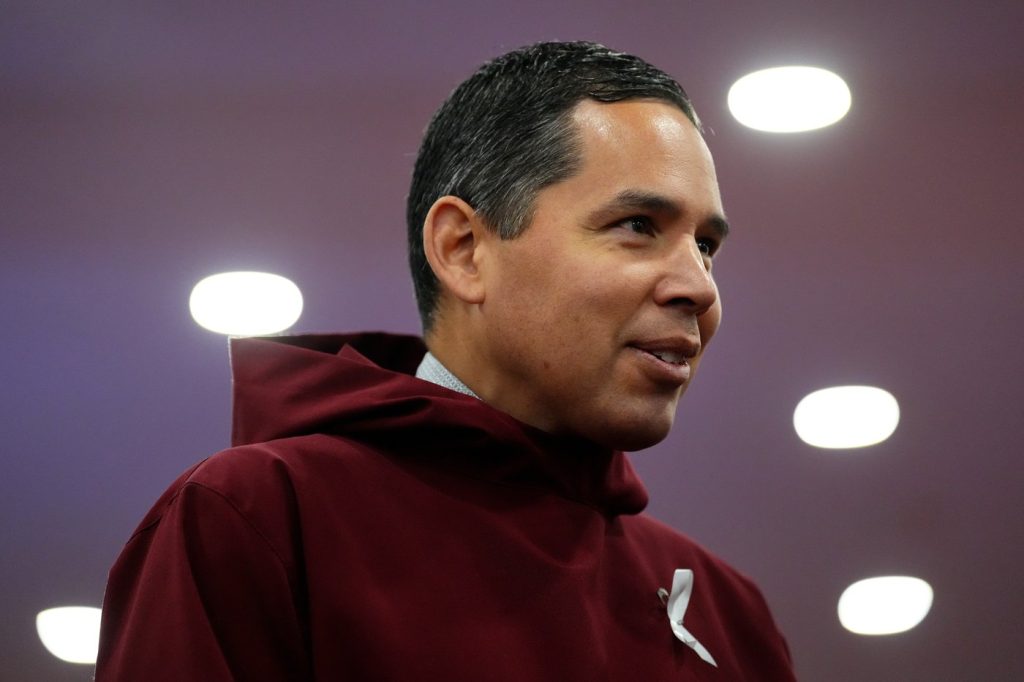OTTAWA — Inuit Tapiriit Kanatami president Natan Obed expressed cautious optimism regarding Prime Minister Mark Carney's approach to Indigenous Peoples. While he acknowledges that Carney may not get everything right immediately as he develops policies, Obed noted the Prime Minister's willingness to learn. The leaders of three national Indigenous organizations believe that, despite the leadership transition from former Prime Minister Justin Trudeau, Carney is likely to maintain a focus on reconciliation and the priorities established during Trudeau's tenure, albeit with a heightened emphasis on economic issues.
Obed highlighted Carney's commitment to reconciliation and recognized the vital role Indigenous peoples play in the economy. He pointed out that the relationship offers significant opportunities, particularly in Canada's response to tariffs. During an interview, Obed stated, “We’ve got lots to build on.” His remarks signify a readiness to work collaboratively with the new government.
Assembly of First Nations National Chief Cindy Woodhouse Nepinak also expressed hope for the Carney administration. She noted that Carney shared his cellphone number with her, facilitating open communication through text messages. This rapport gives her confidence that he is truly listening to Indigenous concerns. The organizations have a comprehensive list of priorities, including infrastructure development, child welfare reform, access to clean drinking water, investments in natural resource projects, mental health services, and skills training.
Obed urged for improvements to the Nutrition North subsidy program, advocating for increased transparency and accountability to ensure that benefits reach the Inuit communities effectively. This program is designed to lower food costs in remote northern regions and is currently undergoing review due to past studies indicating that subsidies were not fully benefiting Inuit populations.
Carney's platform includes a commitment to invest in the proposed Inuit Nunangat University, designed to be the first educational institution of its kind rooted in Inuit cultures. The university aims to support language retention, cultural opportunities, and economic development. Obed is looking for legislative options that would facilitate faster progress in establishing the university and securing necessary funding to meet the goal of opening in 2030.
Additonally, Obed emphasized the importance of ongoing funding for social programs like the Inuit Child First Initiative, which seeks to provide Inuit children with equitable access to health care, education, and social services. He stated, “We’ve come a long way, but we can’t afford to have an interruption or a complete departure from some of the incremental gains that we’ve made over the last 10 years when we’re still so far away from equity.”
Carney's platform also includes promises to expand land reserves within four years and to prioritize the revitalization of Indigenous languages. However, the plan does not specify when it anticipates closing the $350 billion infrastructure gap in First Nations communities. Additionally, the proposed legislation to affirm First Nations' rights to clean drinking water, which initially began under Trudeau, remains a priority that the new government seeks to advance.
Woodhouse Nepinak advised that the government should address existing problems identified with the clean drinking water legislation before reintroducing it. The current parliament boasts 12 Indigenous MPs from major parties, a development that Woodhouse Nepinak believes is critical for ensuring that government actions align with community interests. She remarked on this achievement, stating, “It shows that First Nations do care and that they’re engaging with government more than ever before.”
Meanwhile, President Victoria Pruden of the Métis National Council highlighted the importance of focusing on Métis economic growth, education opportunities, and climate leadership in her written statement. She emphasized that many Métis families are still recovering from the economic impacts of the COVID-19 pandemic and are facing challenges due to climate emergencies and rising living costs. Pruden declared the need for urgent action addressing these realities and the potential of Métis communities.
Carney reaffirmed his commitment to partnering with Métis communities on self-government agreements, an arrangement that would align them more closely with the resources available to Inuit and First Nations. Previous attempts to establish similar agreements under Trudeau faced legal challenges and disagreements, underscoring the complexity of the path ahead.
Woodhouse Nepinak also articulated concerns surrounding traditional land and stressed the importance of engaging First Nations thoroughly before moving forward with self-government discussions involving Métis groups. She stated, “We’ll be sure to echo that loud and strong.” This collective dialogue and partnership approach represents a crucial step toward addressing the varied needs and aspirations of Indigenous communities across Canada.











